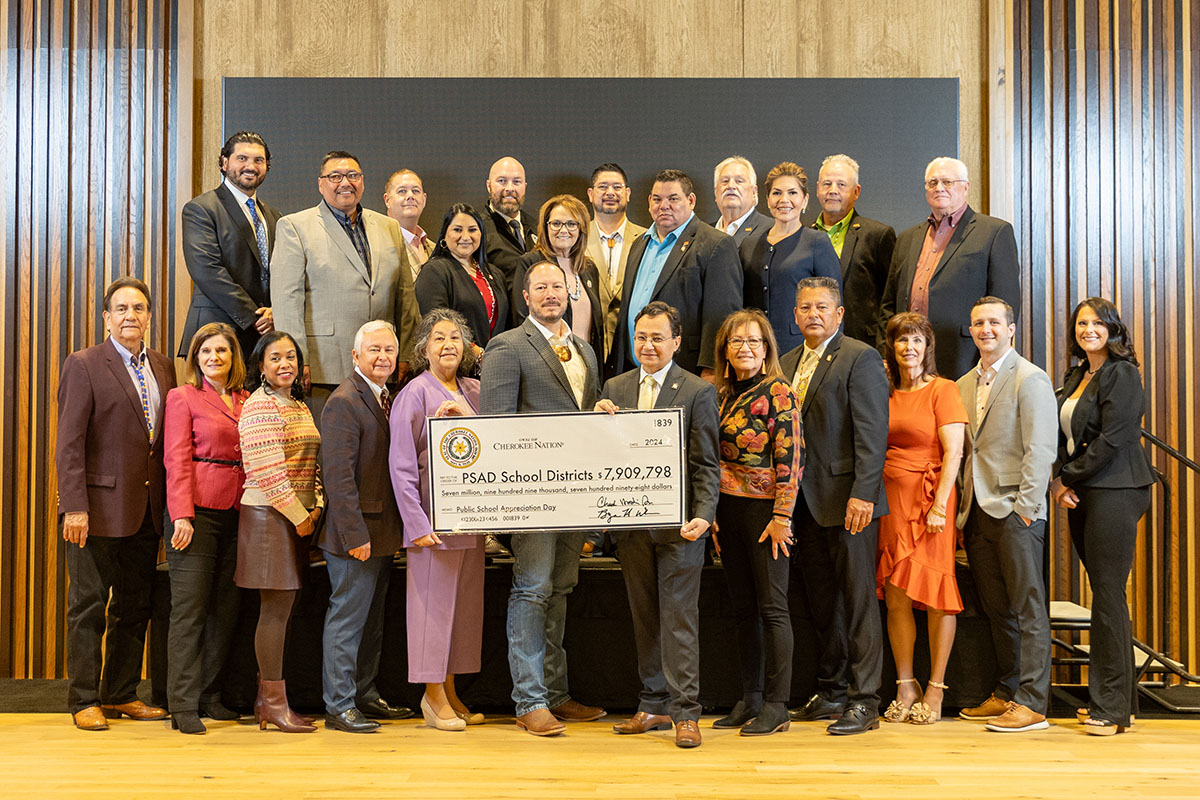Cherokee Nation Autism Task Force issues inaugural report during Autism Awareness Month proclamation signing
The Cherokee Nation Autism Task Force issued a report recently that revealed its findings and recommendations to better address autism diagnosis and treatment for Cherokee Nation citizens since the creation of the task force in April 2023.

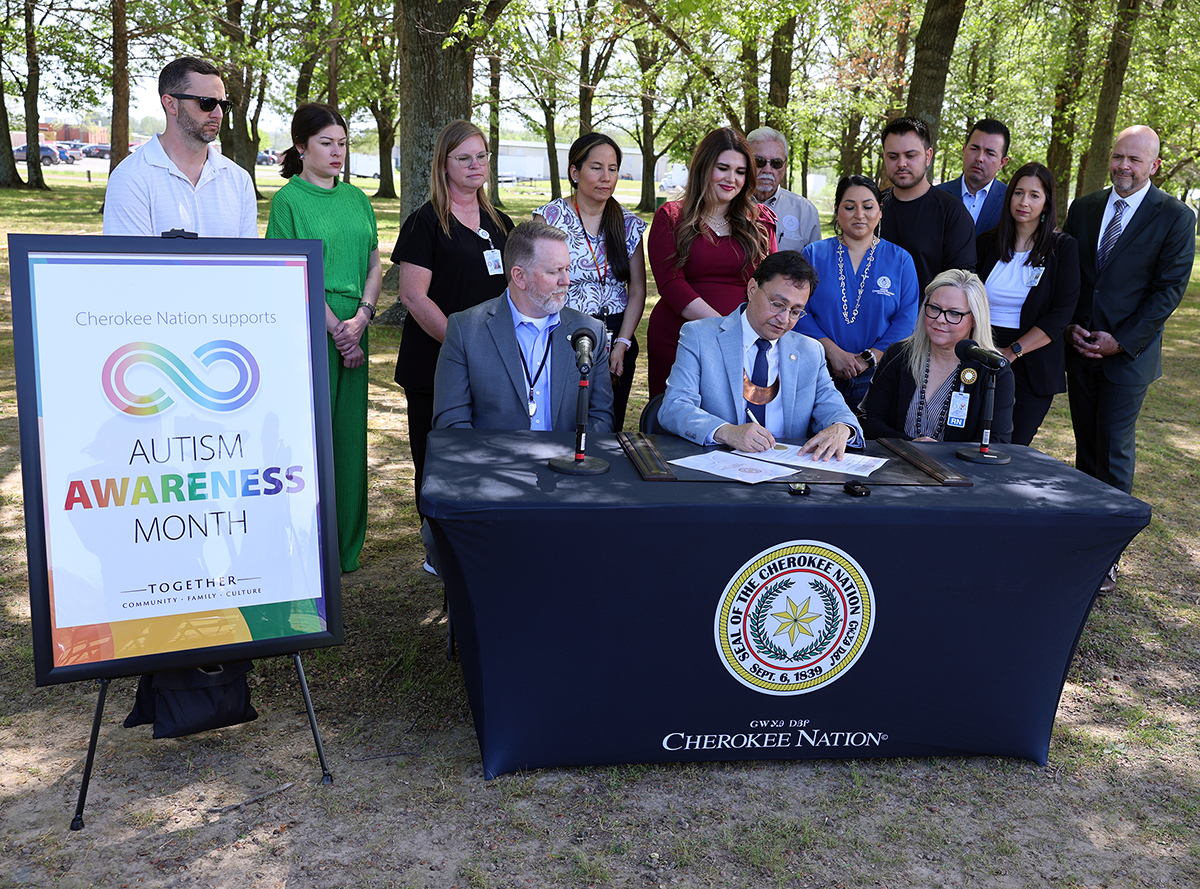
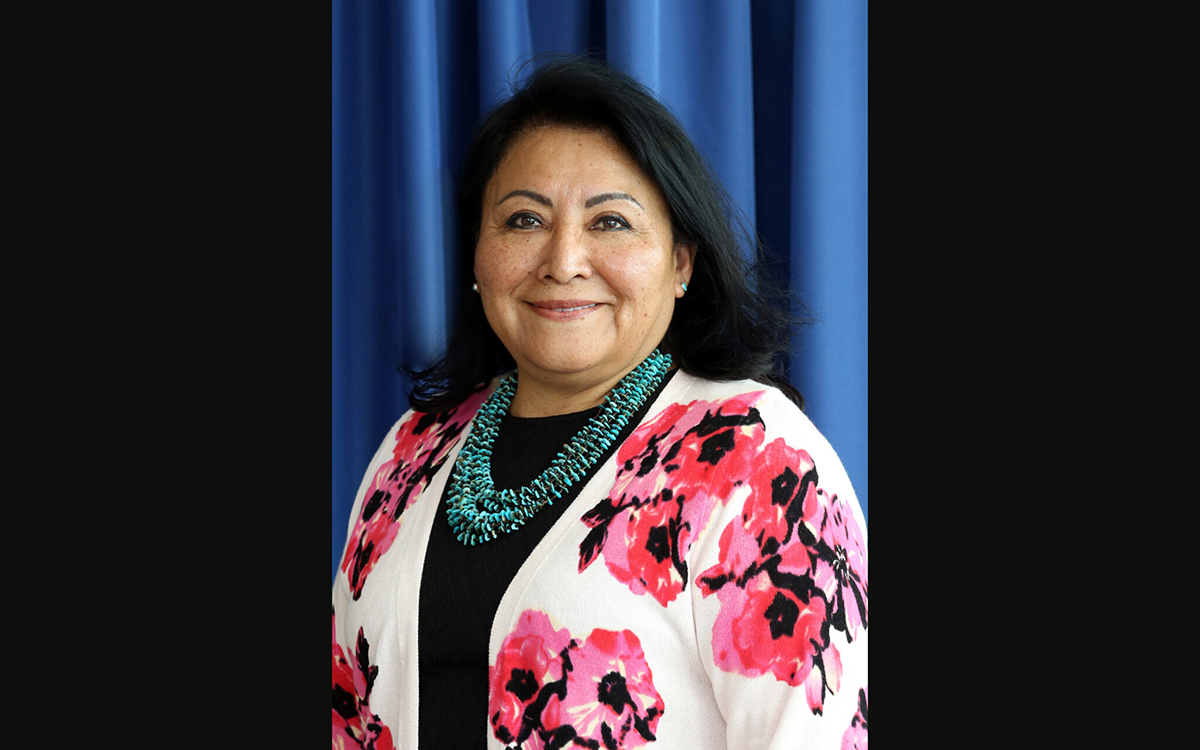
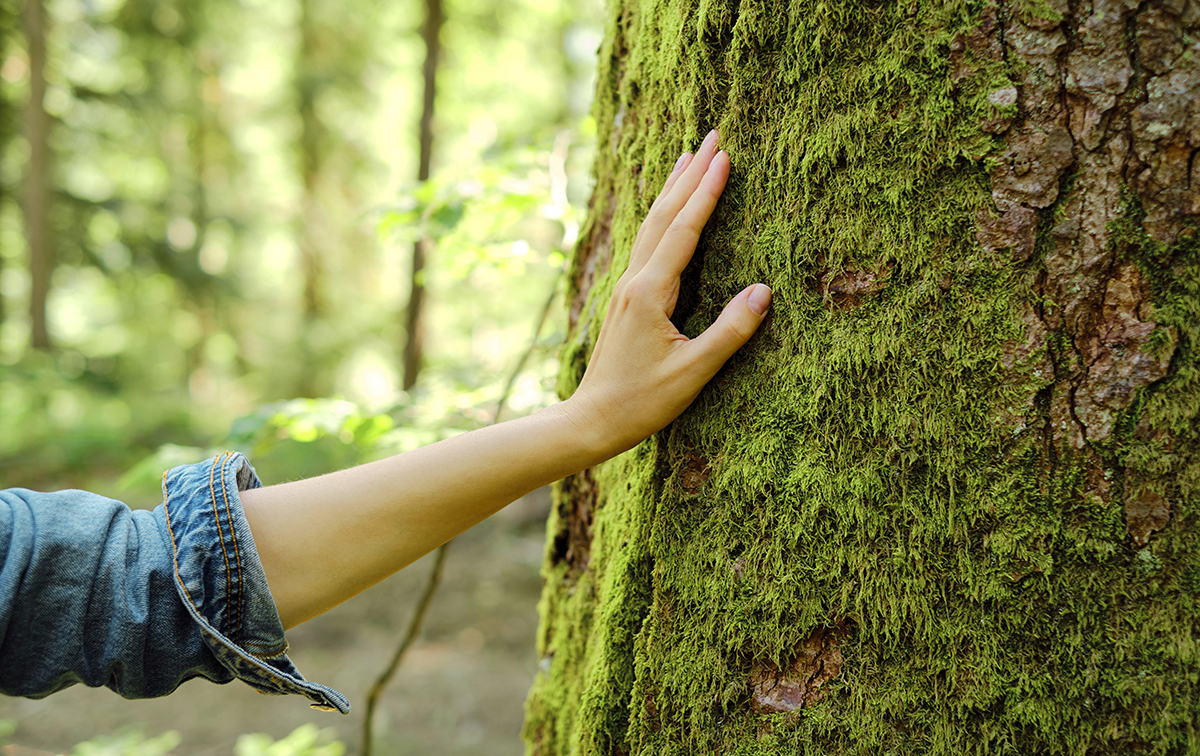


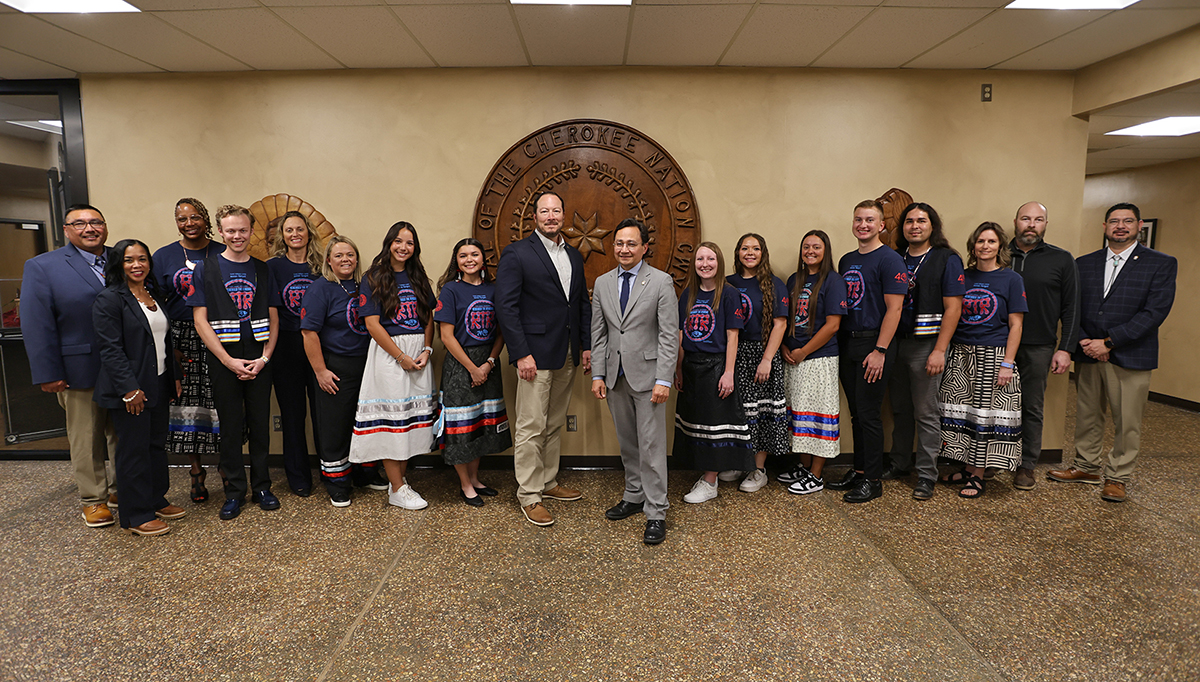
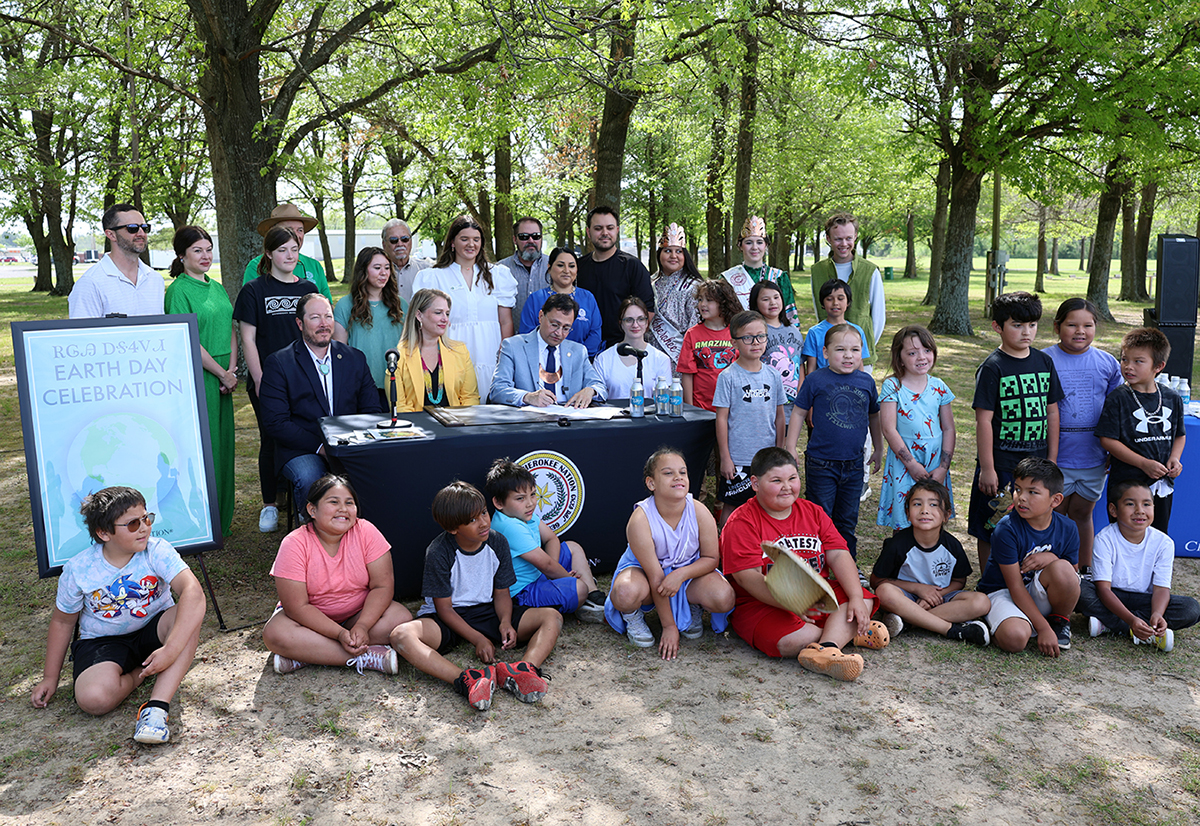
EA_V4.jpg)


